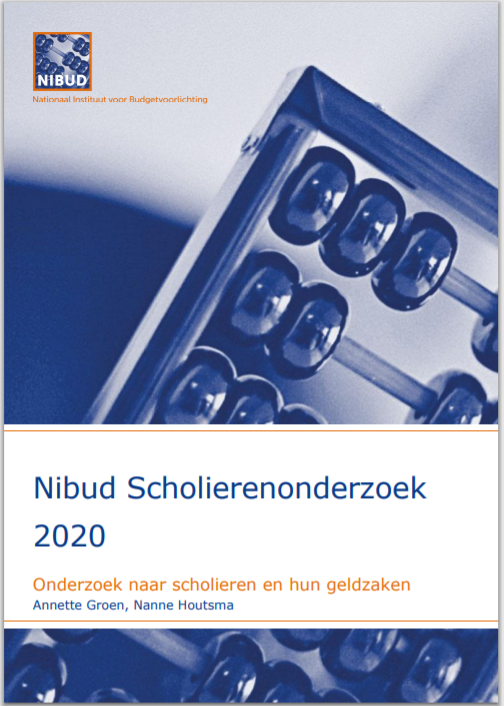Students are getting richer, but are still short of money
Nibud (National Institute for Family Finance Information) is an independent foundation in the Netherlands that gives information and advice on financial matters of private households. Since 1984, Nibud has been investigating how secondary school pupils handle their money. This study examines topics such as income, expenses, banking, saving and borrowing. The research results for 2020 have recently been published. Main conclusion: the income of pupils is higher, parents pay more, and yet more than half of Dutch students feel that they are short of money.
The number of students short of money has increased compared to 2016. 45 percent never run out of money, compared to 57 percent in 2016. Important points of attention in financial education are learning to make ends meet on a certain budget and strengthening the financial resilience of pupils, according to the Nibud Student Survey 2020.
Let kids experience what it feels like when a budget is spend
On average, the income of pupils is € 147 per month, an increase of € 35 compared to 2016. Even though the income of school children is increased, more than half of the students are short of money. Forty-three percent of them ask parents for extra money in case of shortage. This means that children don’t have to make ends meet from their own pocketmoney, clothing allowance and income from jobs, but can also ask their parents for (extra) money. The Nibud is concerned about this development, because as a result children do not learn to make ends meet on a certain budget and won’t experience what it’s like when a budget is really gone.
Strengthen financial resilience
An explanation for the fact that more school children experience money shortage, may come from pressure of the social environment. Young people can endlessly compare themselves to others and when they feel they are getting less, it is frustrating. That is why strengthening financial resilience is very important. This role lies partly with parents, as the most important financial educators. But financial education is not only a task for parents, it is also a social responsibility. In schools there is a great opportunity for financial education, because one in five of the pupils indicates that in school no attention has ever been paid to how to deal with money.
Read the full study (in Dutch) here: https://www.nibud.nl/beroepsmatig/nibud-scholierenonderzoek-2020/
Authors: Annette Groen and Nanne Houtsma

